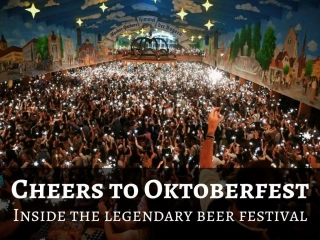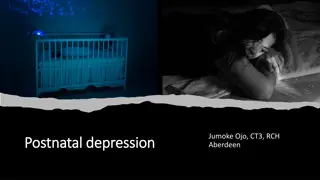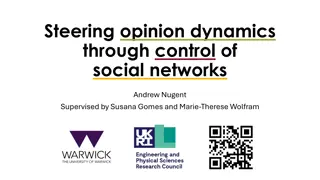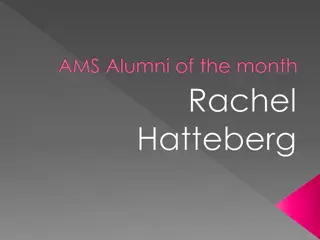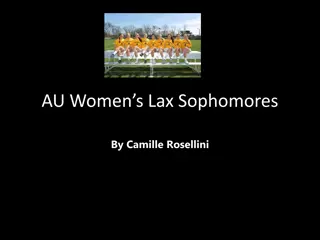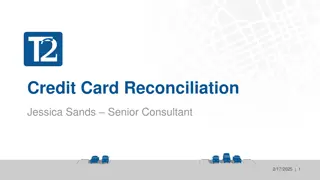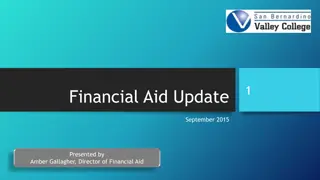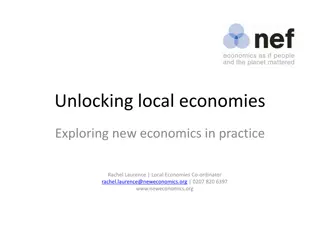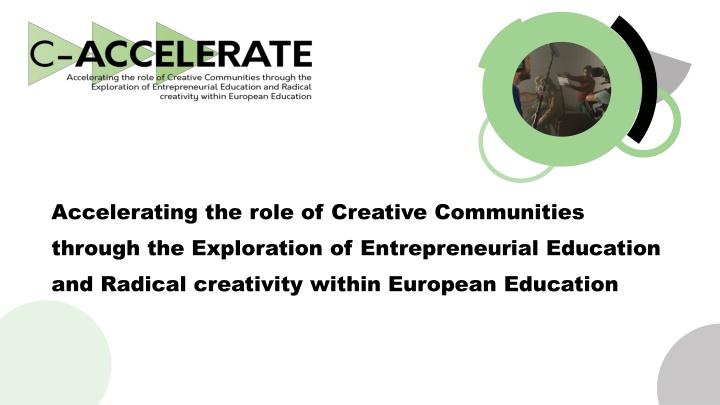
Exploring Entrepreneurial Education for Creative Communities in European Higher Education
Dive into the C-Accelerate project, focused on boosting innovation and entrepreneurship in arts and creative practices in European universities. Learn about the collaborative efforts to enhance entrepreneurial education, support creativity, and foster multidisciplinary research. Discover the Samsara pedagogical framework that underpins this initiative, emphasizing interactive learning methods and engagement with societal issues through technology.
Download Presentation

Please find below an Image/Link to download the presentation.
The content on the website is provided AS IS for your information and personal use only. It may not be sold, licensed, or shared on other websites without obtaining consent from the author. If you encounter any issues during the download, it is possible that the publisher has removed the file from their server.
You are allowed to download the files provided on this website for personal or commercial use, subject to the condition that they are used lawfully. All files are the property of their respective owners.
The content on the website is provided AS IS for your information and personal use only. It may not be sold, licensed, or shared on other websites without obtaining consent from the author.
E N D
Presentation Transcript
Accelerating the role of Creative Communities through the Exploration of Entrepreneurial Education and Radical creativity within European Education
C-Accelerate is a project aimed at increasing innovation and entrepreneurship in higher education for the arts and creative practices. The consortium consists of four European universities, including FilmEU, the European Universities Alliance for Film and Media Arts, and Aalto University. They aim to promote entrepreneurial education, innovation, and research in the multidisciplinary field of cultural and creative sectors and industries. C-Accelerate presents an ambitious innovation vision action plan that covers four dimensions, including entrepreneurial education, project development, support structures for creativity and knowledge transfer, and collaboration and institutional engagement.
DRAFT PROGRAMME HANDBOOK IADT DELIVERABLE
We are excited to introduce our new project, which builds upon the previously established Samsara pedagogical framework initiated and implemented by FilmEU. Samsara is derived from the Sanskrit word meaning flowing on or passing through and in Buddhism, it represents the endless cycle of birth, death, and rebirth. At FilmEU, we chose this name to reflect our holistic and iterative approach to film and media arts education. Samsara proposes that artistic teaching, learning, research, and production are practice- based, collaborative endeavors that engage ethically and actively with societal problems through the creative use and mediation of technology. The Pedagogical Guidelines of this project will be guided by the learning theories, methodologies, and teaching approaches described in Samsara. We believe that people learn best when they work together to create meaningful creative work on equal terms.
1.Learning Theories 2.Methodologies 3.Approaches The Samsara pedagogical framework is based on three interconnected theories of learning: Constructivism, Social Constructivism, and Constructionism. It proposes that knowledge is actively constructed through direct experience, interaction with others, using tools and technology in the creation of a meaningful artifact(s) that others will see, use, or critique.These theories offer insight into learning and development throughout an individual s lifespan. Samsara has integrated five key pedagogical methodologies that apply these theories to the 21stcentury: Artistic Research, Challenge Based Learning, Design Thinking, Technology Enhanced Learning,and Universal Design for Learning. While not exclusive, these methodologies are considered best suited to achieve the goals of FilmEU s mission and pedagogy. In practice,the methodologies described above rely on certain approaches to teaching which also follow constructivist and constructionist theories of learning. We have identified FIVE key approaches which we will prioritise at FilmEU: discipline-diverse, hybrid learning, project-based, student-centred learning, and team-based.
THE SIX PILLARS OF ENTREPRENEURSHIP This report focuses on six pillars of entrepreneurship. Interdisciplinary teamwork brings together individuals with diverse backgrounds and skillsets. Conflict management allows team members to resolve differences constructively. Design thinking and first iterations are important in developing and refining the product or service idea. Prototyping allows entrepreneurs to test their ideas in the real world and obtain feedback from potential customers. Pitching and presenting are crucial skills for entrepreneurs to sell their ideas and attract investors. Promotion and networking help entrepreneurs to build their brand and expand their business network. 1. Interdisciplinary Team Work 2. Conflict Management Introduction 3. Design Thinking / First Iterations 4. Prototyping 5. Pitching and Presenting 6. Promotion and Networking
C-ACCELERATE CORE VALUES The core values of C-Accelerate include collaboration, creativity, agency, shared leadership, innovation, risk-taking, curiosity, sustainability, and reflection. Together, these values represent the importance of teamwork and creativity, empowering individuals to take ownership of their ideas and act with a shared sense of responsibility. The project encourages innovation, taking risks, and embracing curiosity, while also focusing on sustainability and the importance of reflecting on progress. These values come together to create an environment that fosters entrepreneurial and innovative thinking and prepares individuals for success in today's rapidly changing world. Having diversity and inclusion as a core value to the project will lead to a more equitable and enriched experience for all participants. involved. 5


